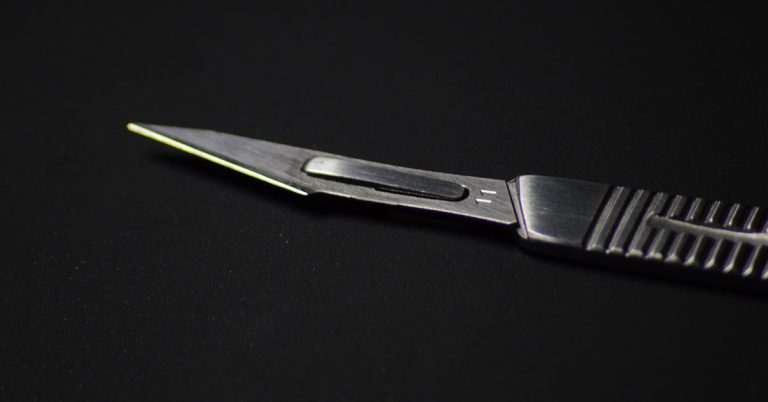
The Scottish philosophical tradition found its richest and most influential expression in the investigations Scottish philosophers of the 18th century conducted in their project of a ‘science of human nature’. This project, uniquely, tackled traditional philosophical problems by means of ‘new’ scientific methodologies, while retaining an interest in normative questions relating to the full range of human experience – thought and perception, morality, art, politics, history and economics.
United as they were in their conception of the project, deep (though not always apparent) philosophical differences were inevitable, given its scope. It is the working out of these differences by powerful philosophical minds that gave the project such enormous vitality, and made its influence, not only widespread and enduring, but complex. Intellectual preferences, competing loyalties and misunderstanding all served to perpetuate philosophical debate at home and abroad for almost a century.
A special collection of articles from the Journal of Scottish Philosophy serves to exhibit some of these features. Eric Schliesser shows how precariously Hume’s philosophy of mind rests on it professed Newtonian base. Jerry Edwards carefully separates Reid’s own philosophical position from the legacy he was thought to have left. Michael S. Pricard uncovers one aspect in which Adam Smith is closer to Hume’s great critic that he is Hume himself. Bradford Bow recounts the educational influence of Reid’s first American born exponent, and the re-shaping of ‘common sense’ across the Atlantic that began with Samuel Stanhope Smith.
Journal of Scottish Philosophy Themed Collections
Gordon Graham is the Editor of Journal of Scottish Philosophy and the Henry Luce III Professor of Philosophy and the Arts at Princeton Theological Seminary in the USA. Details of his research interests, writing and publications are available on his website: http://www.gordon-graham.net/






